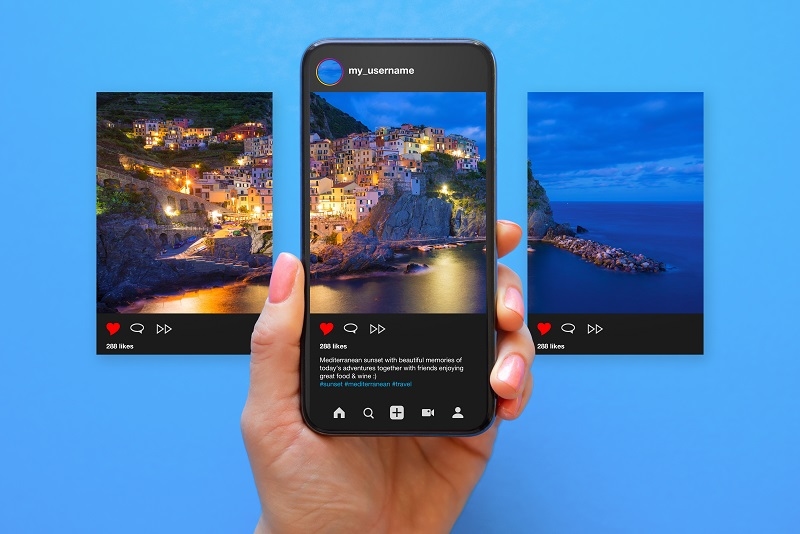
As we navigate a digital world where surveillance, data harvesting, and privacy breaches are the norm, Americans are becoming increasingly conscious of securing their communications. Selecting a messaging app is becoming increasingly important for users who prioritize security over user-friendliness. This guide outlines the best secure messaging apps of 2025 for privacy-aware American users and will analyse in depth encryption standards, metadata policies, app audits, and usability aspects.
We will also cover features such as Signal vs Wire security review, secure app encryption audits, private team chat tools in the US, and secure messaging app ranking, which can direct personal and organisational users to secure communication.
Data privacy is no longer a fringe concern. Growing awareness of how companies and government agencies collect, scrutinize, and abuse communication metadata (and information they could potentially discover from metadata) has users stepping back from mainstream applications in favor of platforms that take security seriously. Whether it is for personal chats or private team chat in a workplace environment, the oversized ticket items for 2025 are:
Let us dive into the best secure messaging apps in 2025, consistent with these privacy benchmarks.
Being the clear leader in 2025, Signal is likely the best option for someone who values privacy more than features.
Signal won for how it treats metadata. Wire retains a small amount of user metadata and account information to continue the service. Signal has built systems to remove metadata at every opportunity, thus doing a much better job of minimizing this personally identifiable information.
Verdict:
Whether you are an individual or activist, Signal tops the list as the most secure messaging app in terms of encryption integrity and exposure of personal data.
Based in privacy-focused Switzerland, Threema is another highly regarded choice among privacy-first users in the U.S.
Threema underwent multiple third-party audits, which confirmed its strong cryptographic implementation and data protection policies.
While not based in the U.S., Threema aligns with international privacy standards and complies with European GDPR, making it attractive to American users concerned about domestic surveillance.
Verdict:
Threema is ideal for users who want to minimize personal identifiers while ensuring secure communication, especially professionals and journalists.
Wire has carved a niche as a private team chat solution with end-to-end encryption, particularly for enterprises and organizations.
Wire scores high on features and usability, especially for professional use. However, its past controversy over relocating user data to the U.S. and collecting some metadata for team administration has impacted its trust rating among purists.
Wire is transparent but stores metadata like time of last login and team membership for enterprise functionalities.
Verdict:
Wire is suitable for businesses needing encrypted communication and compliance tools, but individual users seeking complete anonymity may prefer Signal or Threema.
Thanks to its decentralized architecture and metadata-free operations, Session is a rising star in the secure messaging app ranking.
Although relatively new, Session has gained credibility through independent audits and contributions from the Loki Foundation, which is known for its focus on anonymity.
Verdict:
It is perfect for users seeking high anonymity and resistance to metadata, especially in sensitive use cases like whistleblowing or political activism.

Element, powered by the open-source Matrix protocol, offers a unique combination of private team chat and decentralized control.
Element ranks high for organizational use, particularly for tech-savvy teams that want control over infrastructure.
Since users can self-host their Matrix servers, metadata exposure can be minimized to the organizational level. Public instances follow general open-source policies.
Verdict:
Element is ideal for collaborative tech, academia, or journalism teams who want complete control over their communications stack.
Owned by Amazon Web Services, Wickr offers two solutions: Wickr Me for individuals and Wickr Pro for enterprise communication.
Wickr's encryption framework has passed several security audits and is approved for specific government-level uses.
Verdict:
Wickr is excellent for security-conscious professionals in sensitive fields like defense, law, or finance. However, its recent business-focused pivot has made Wickr Me harder for regular users to access.
SimpleX Chat is an emerging name in authentic, secure messaging. It is quickly earning respect for being metadata-free and serverless.
Verdict:
Still in its early adoption phase, SimpleX is an excellent experiment for those who want the bleeding edge of decentralized secure messaging with no metadata leakage.
| App | Encryption | Metadata Handling | Best For |
| Signal | Signal Protocol (E2EE) | Minimal (virtually zero) | Individuals, activists |
| Threema | Custom E2EE | Very minimal | Professionals, journalists |
| Wire | Proteus (E2EE) | Moderate (for teams) | Corporate, business teams |
| Session | Loki Network | None | Anonymity-focused users |
| Element | Matrix E2EE | Custom (self-hosted) | Developers, organizations |
| Wickr Pro | Custom AES-256 E2EE | Low | Defense, secure enterprise |
| SimpleX | No-user E2EE | None | Tech-savvy privacy seekers |
In 2025, the top secure messaging apps will focus on encryption, transparency, and limiting data collection. Signal is the top choice for most Americans; Wire and Threema were the best two apps in the corporate world, though. Be sure to check back for regular updates on secure messaging app rankings, which constantly change depending on app privacy policies.
When you choose the best app for you, you'll be able to communicate without security concerns. Be safe, be private!
This content was created by AI